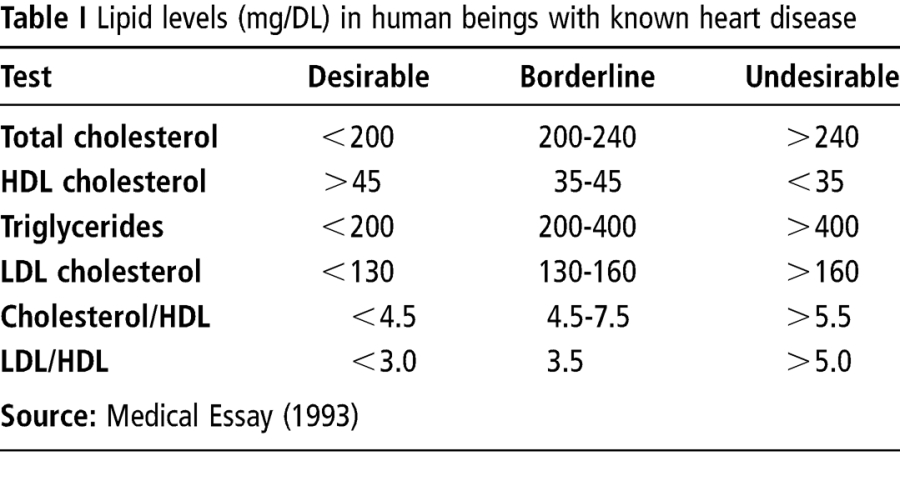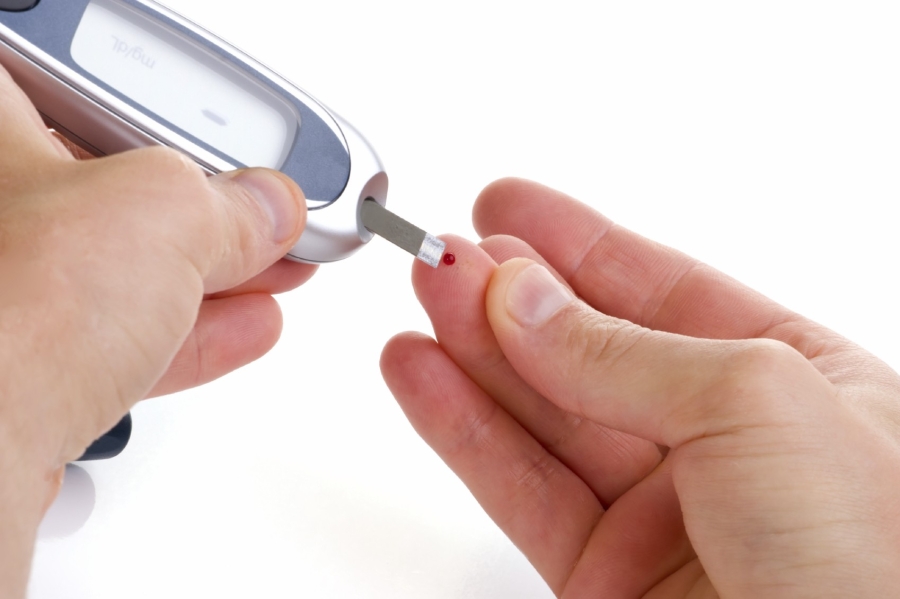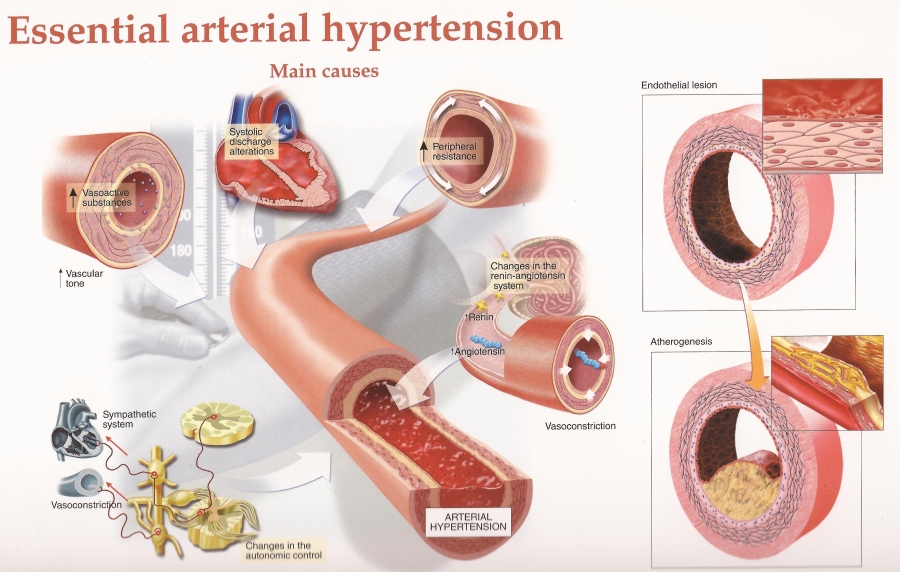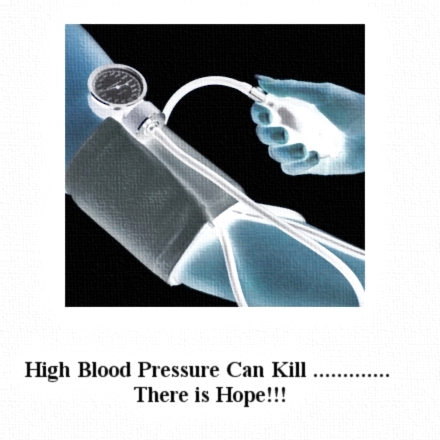High cholesterol mini guide

High cholesterol - Symptoms, causes & complications
Cholesterol is a waxy, fat like substance that your body needs to function normally. Cholesterol is naturally present in cell walls or membranes everywhere in the body, including the brain, nerves, muscles, skin, liver, intestines, and heart. Body uses cholesterol to produce many hormones, Vitamin D, and the bile acids that help to digest fat. It takes only a small amount of cholesterol in the blood to meet these needs. The excess is deposited in arteries, including the coronary (heart) arteries,
where it contributes to the narrowing and blockages that cause the signs and symptoms of heart disease.
Symptoms
High cholesterol usually has no obvious symptoms. Like high blood pressure, it's a "silent" condition that offers no early warning.
Most people first discover the problem during a routine blood test and physical exam. They often find they have high blood pressure as well.
There is an association between the two.
You can get symptoms from complications of high cholesterol. These include angina and pain in the calves caused
by narrowed arteries to the legs.
Complications: CHD, arteriosclerotic plaque,
Coronary heart disease (CHD) is caused by cholesterol and fat being deposited in the walls of the arteries that supply nutrients
and oxygen to your heart. Like any muscle, the heart needs a constant supply of oxygen and nutrients, which are carried to it by
the blood in the coronary arteries. Fixed narrowing of arteries that is often calcified (hardened) usually cause angina
(chest pain).
Less severe narrowing may contain unstable blockages called arteriosclerotic or fatty plaque. Unstable arteriosclerotic plaque
can rupture, resulting in clot formation, no blood flow, and a heart attack.
If the blood supply to a portion of the heart is completely cut off by total blockage of a coronary artery, the result is a heart attack. This is usually due to a sudden closure of the artery from a blood clot forming on top of unstable plaque.
Causes
Several drugs, diseases(thyroid, kidney or liver problems), high fat diet, inheritance,
lack of exercise, stress and high consumption of alcohol are the main causes of high levels of blood cholesterol.
Diagnosis: A simple blood test called lipoprotein profile checks for high cholesterol is the first step to diagnosing
the problem. A complete lipid profile measures LDL (low-density lipoprotein [the bad cholesterol]), total cholesterol,
HDL (high-density lipoprotein [the good cholesterol]), and triglycerides - another fatty substance in the blood needs to checked to properly
judge if blood cholesterol is within a healthy range or not. A desirable total cholesterol level is 200 mg/dL or lower.
A desirable LDL is
100 mg/dL (130-159 is borderline high; 160 is high; 190 is very high). HDL, the "good cholesterol," should be around 40 mg/dL or greater.
With HDL, the higher the better, and 60 mg/dL is protective against heart disease.
Treatment: Your first step to a healthy blood cholesterol level should be to control diet(less fat) and start exercising, preferably aerobics.
It these changes do not help, doctor may give you cholesterol lowering medications (which may have side-effects).








